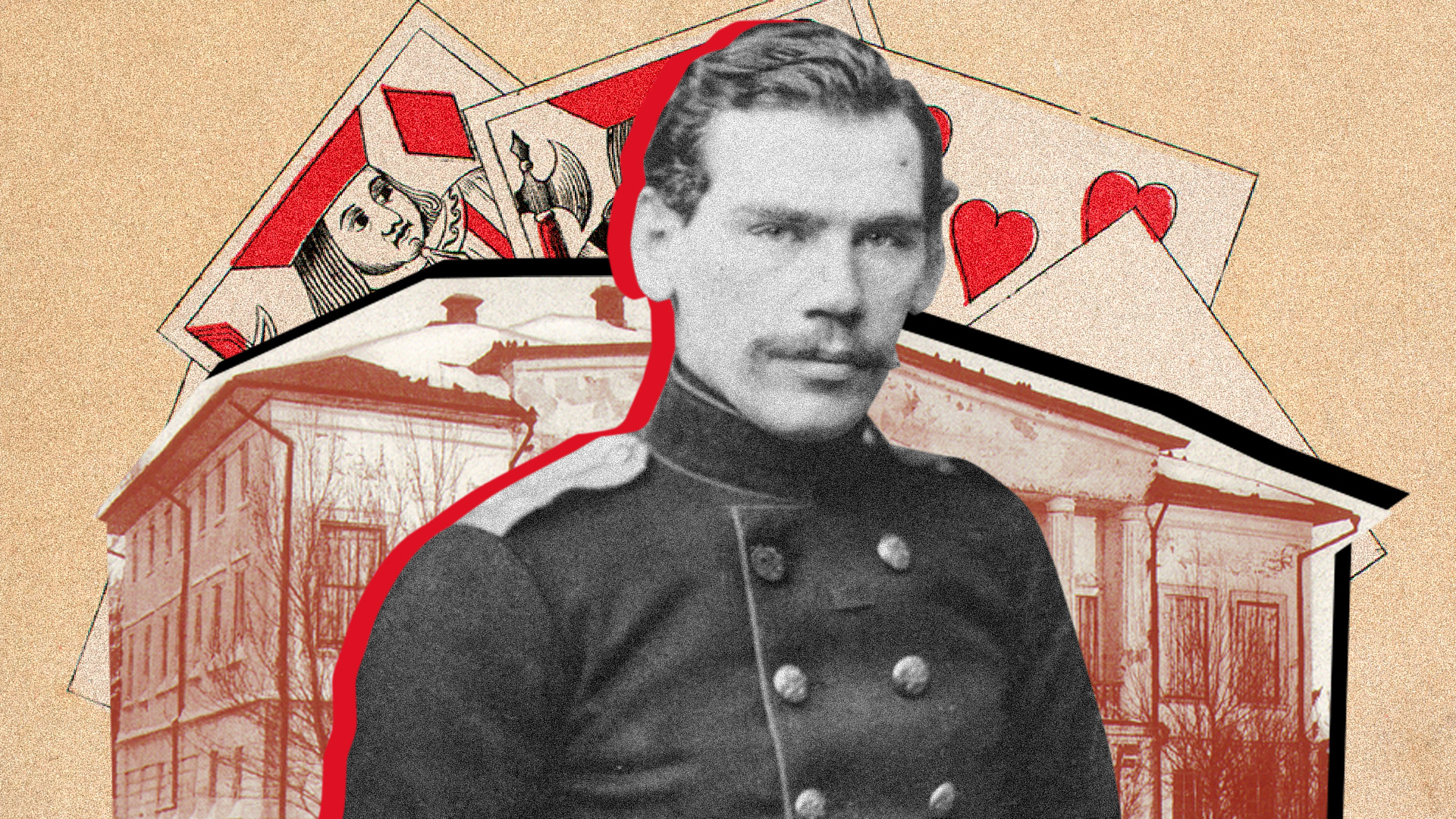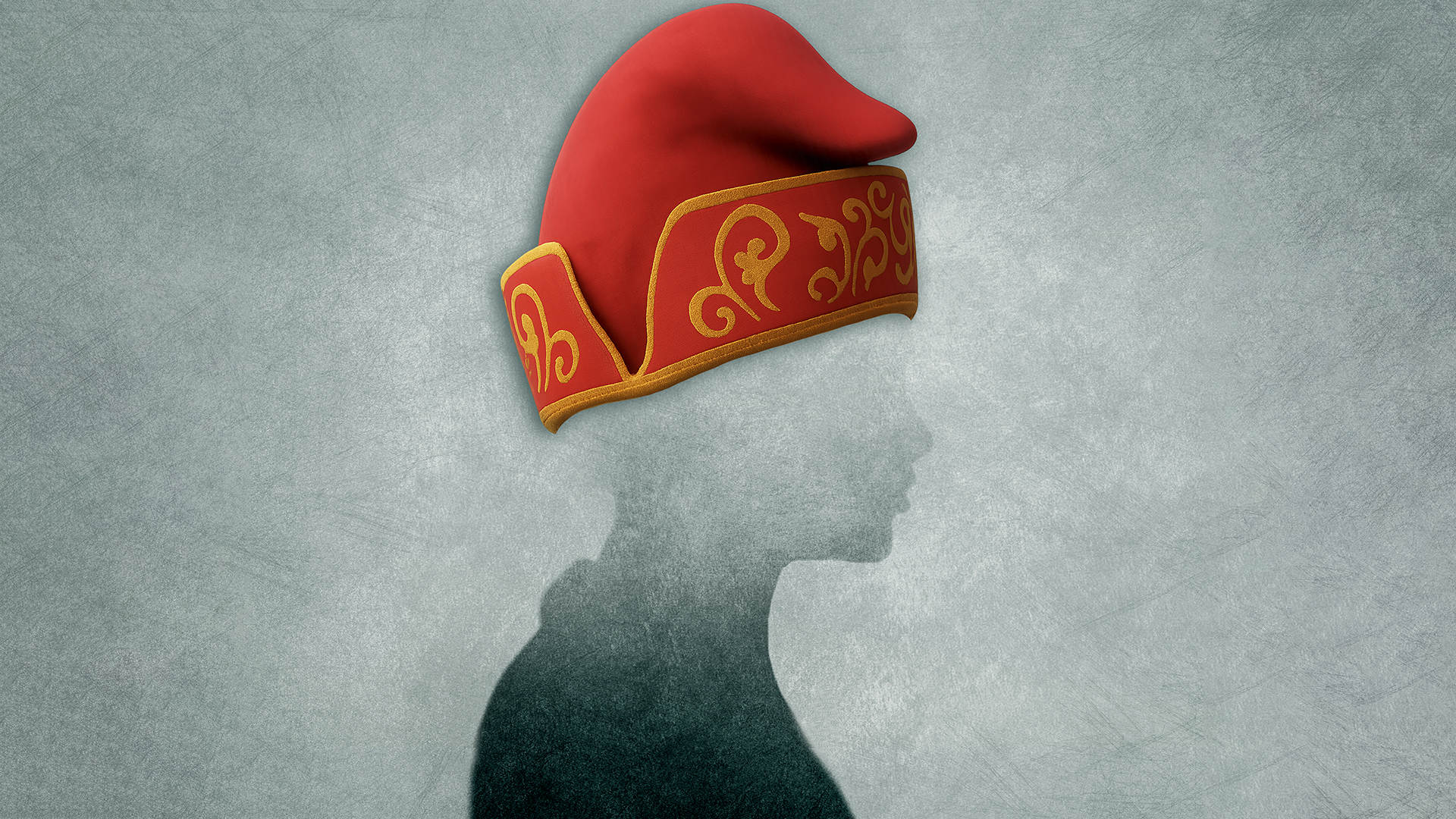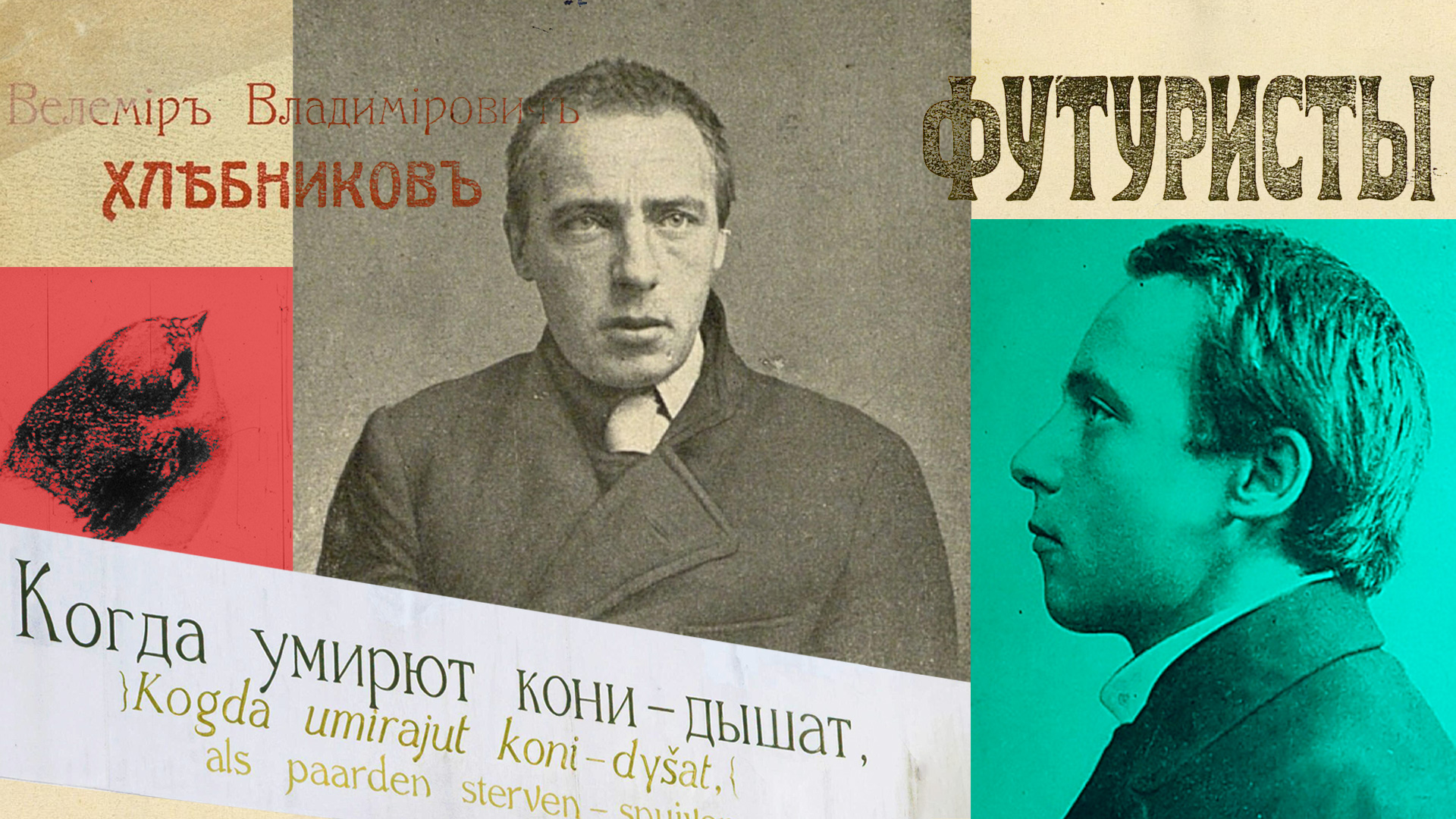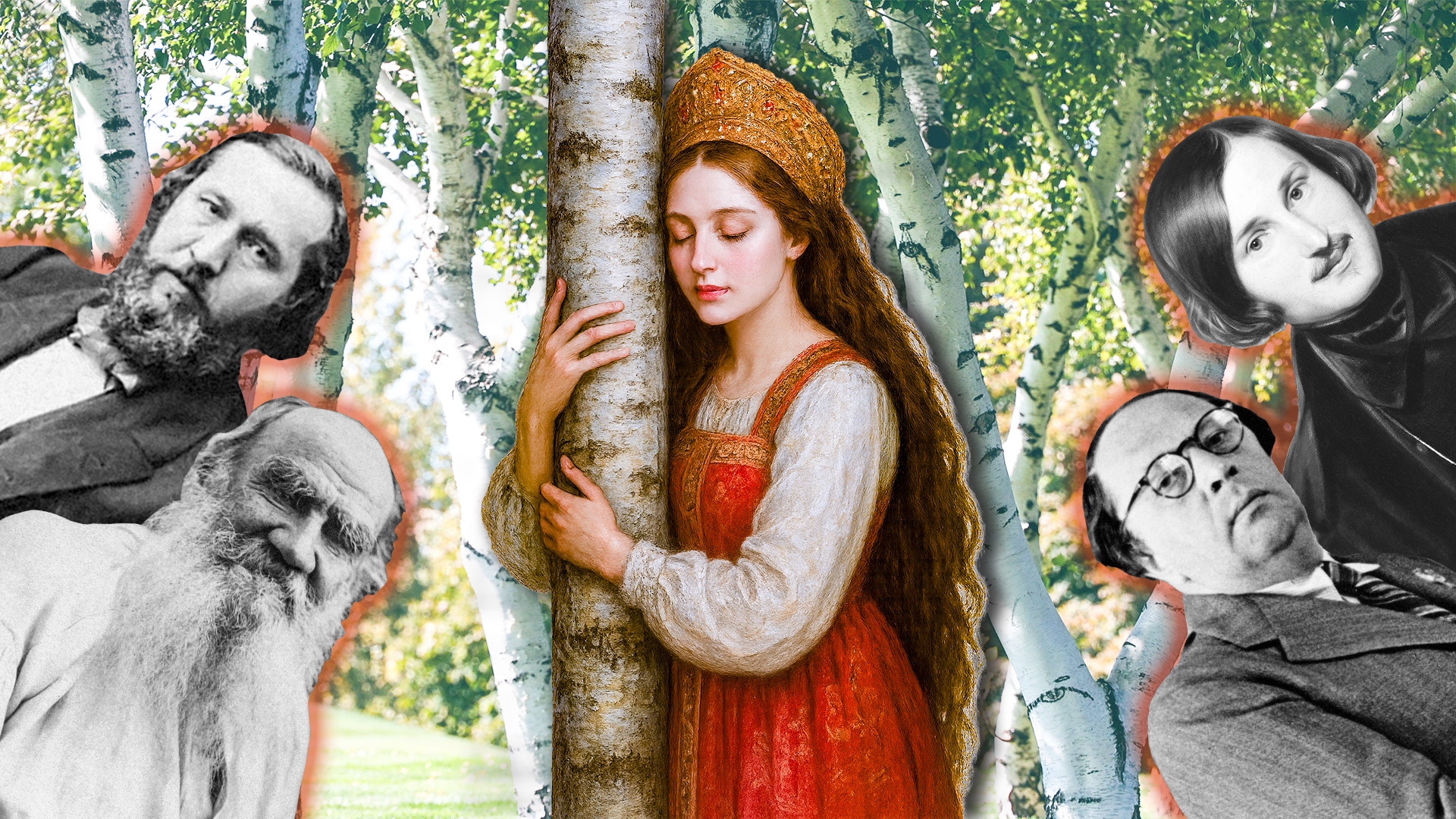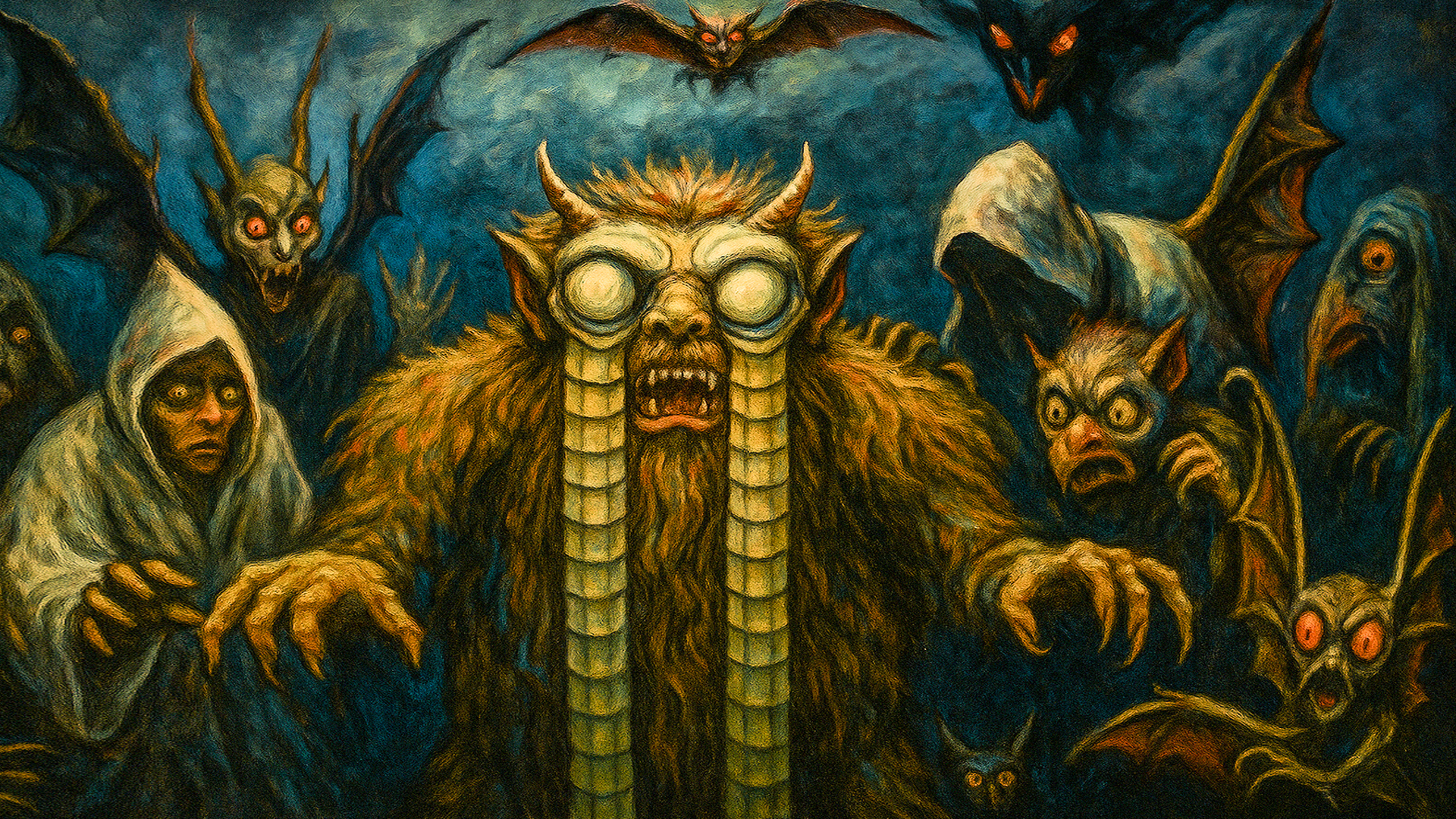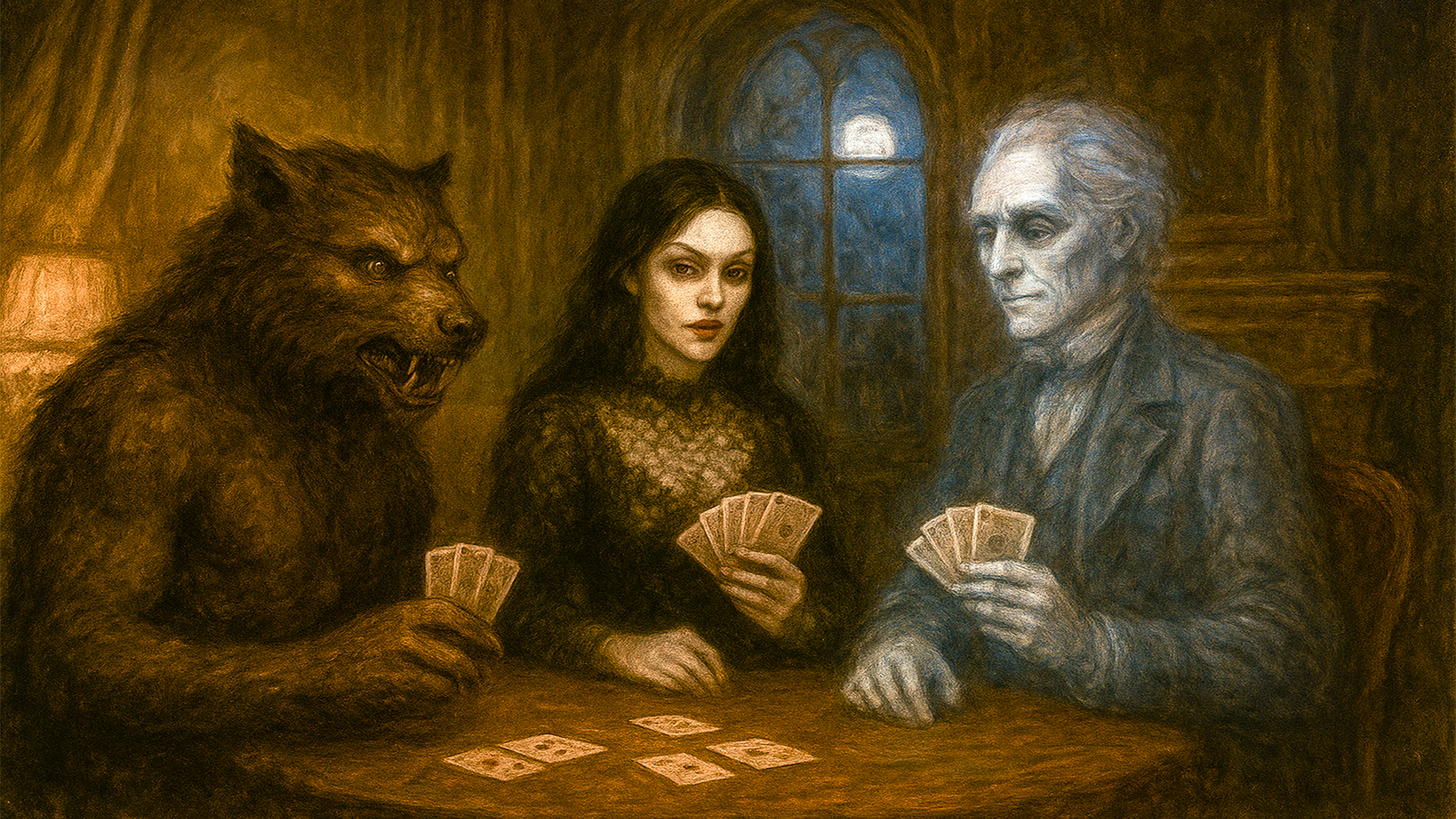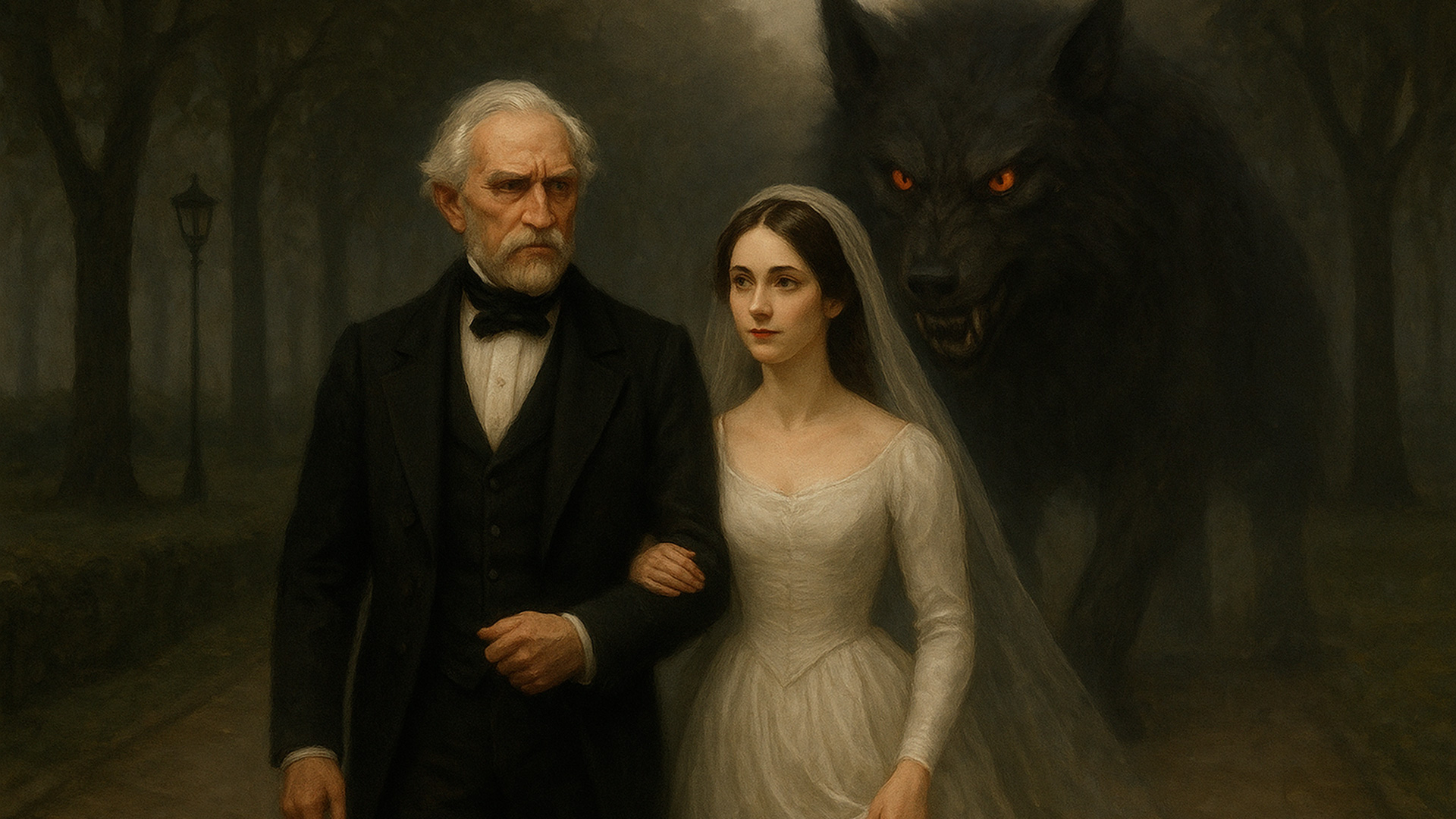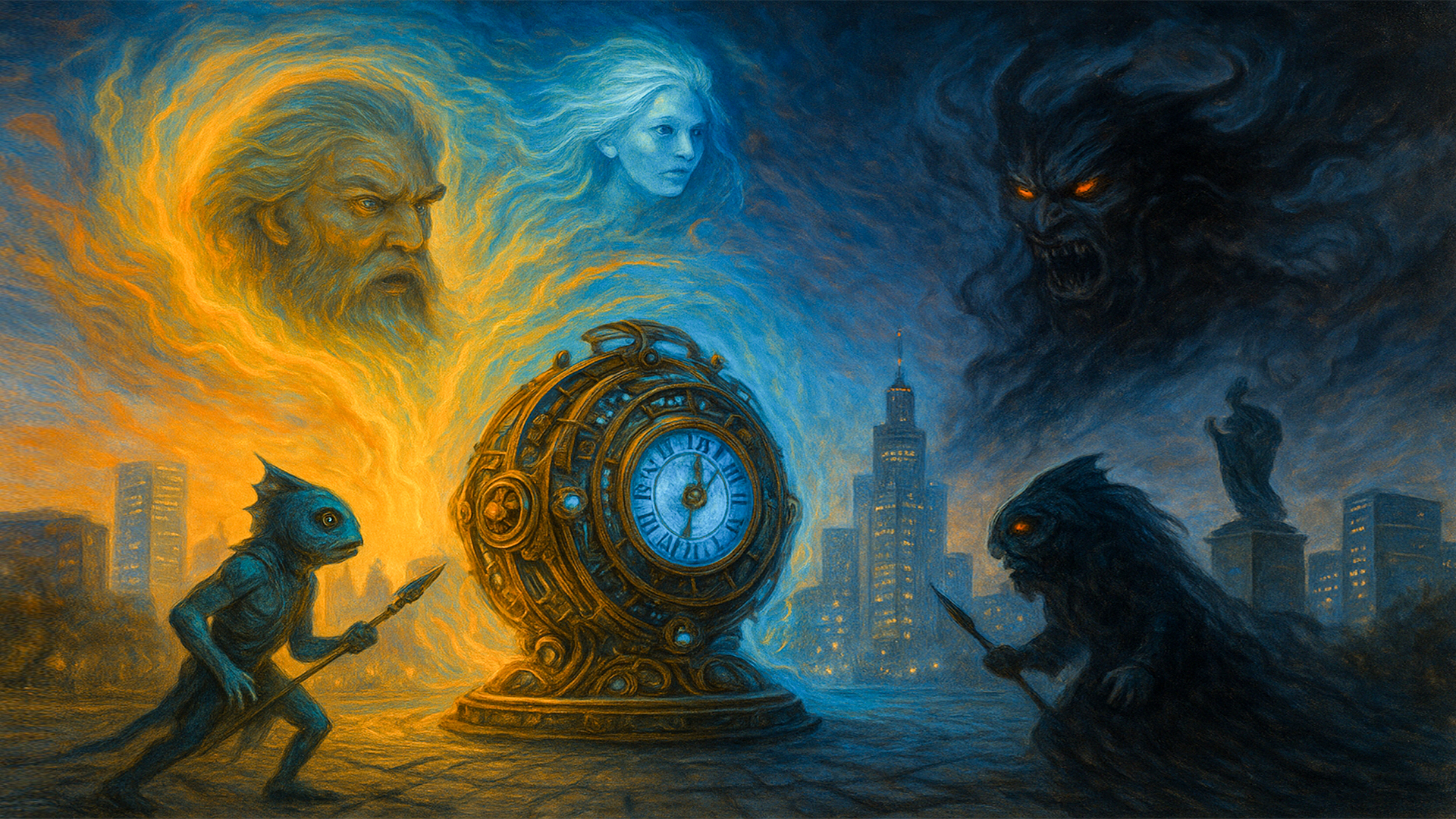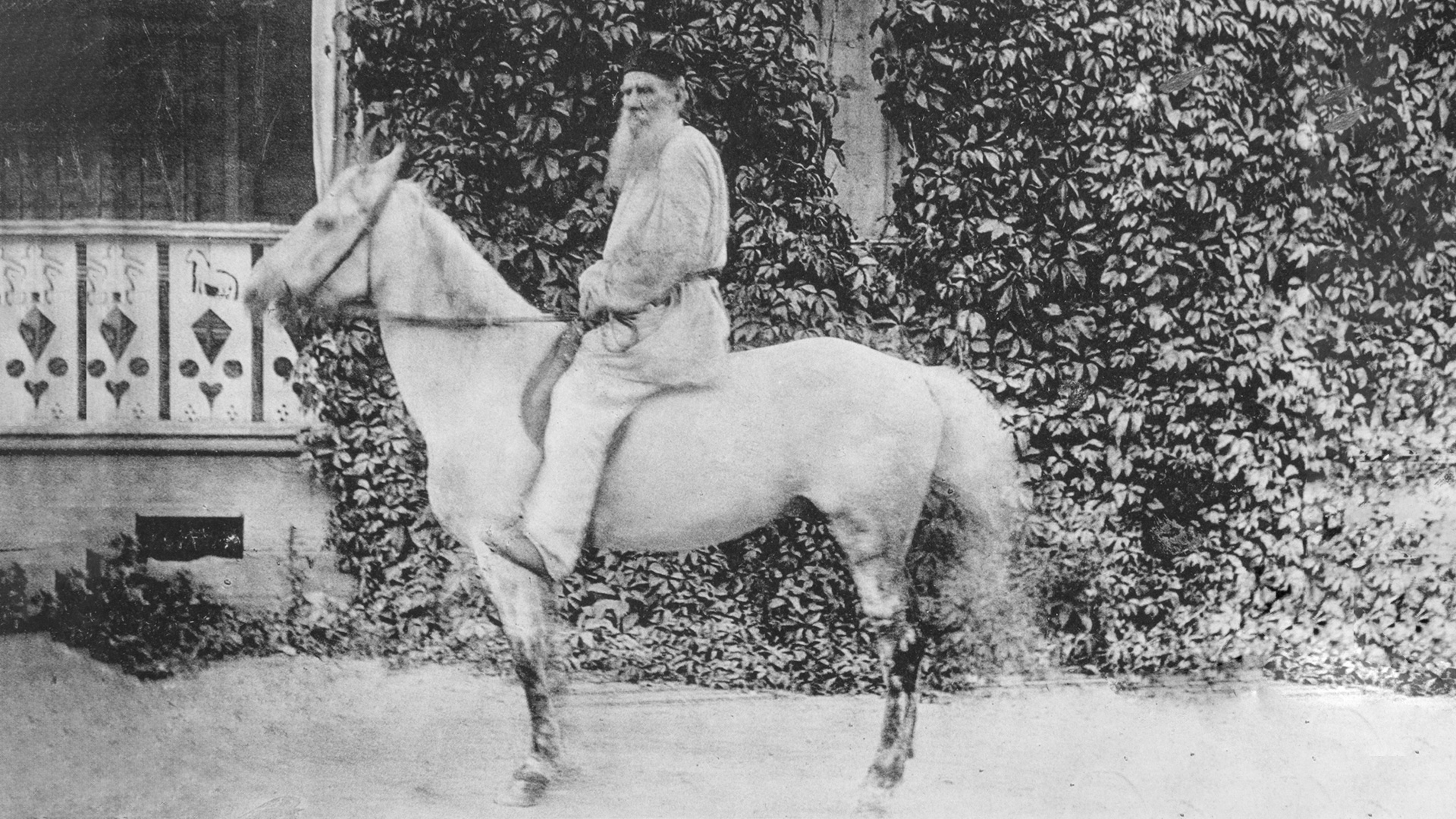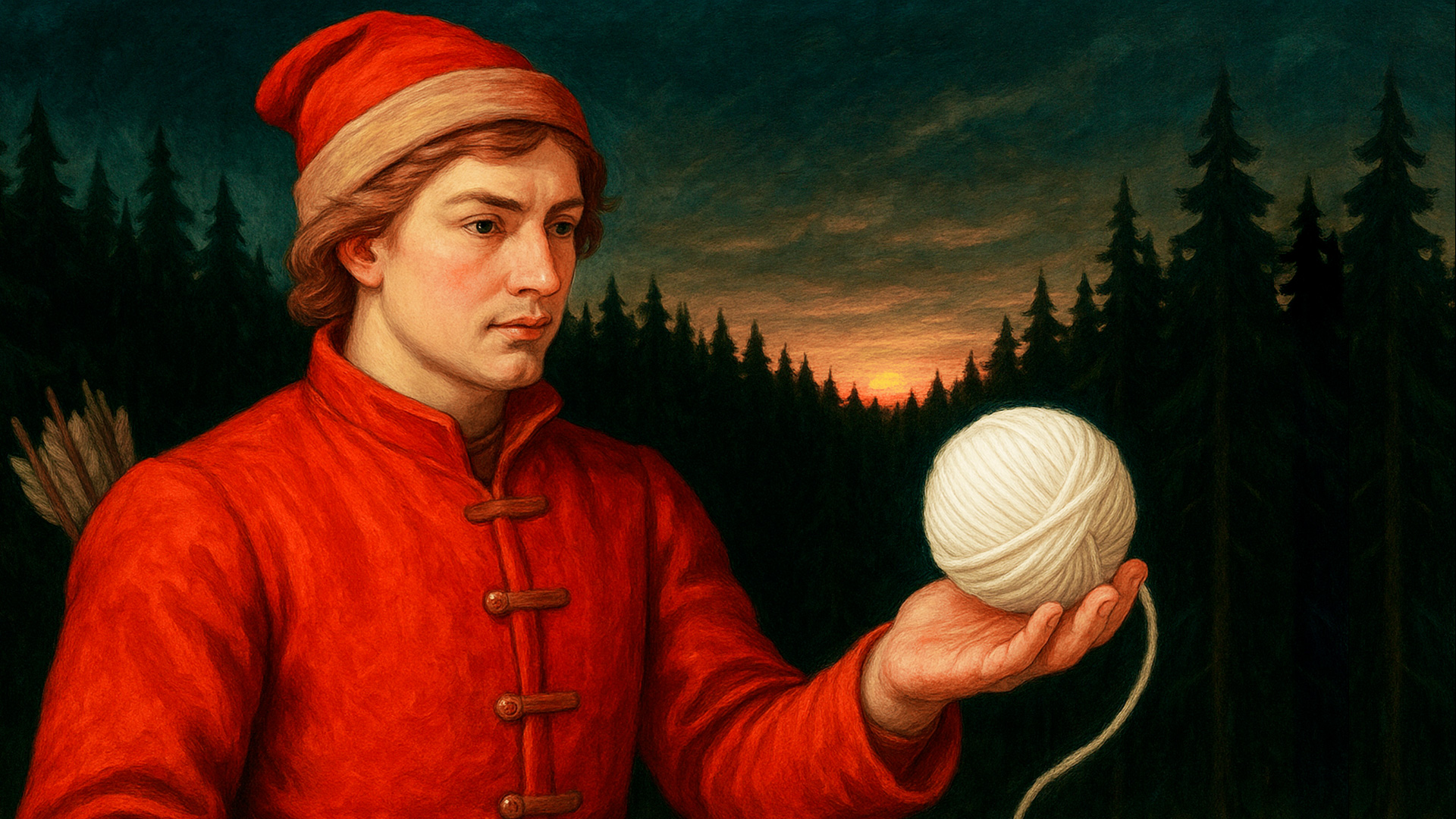
Fyodor Dostoevsky’s ‘The Possessed’: A short summary
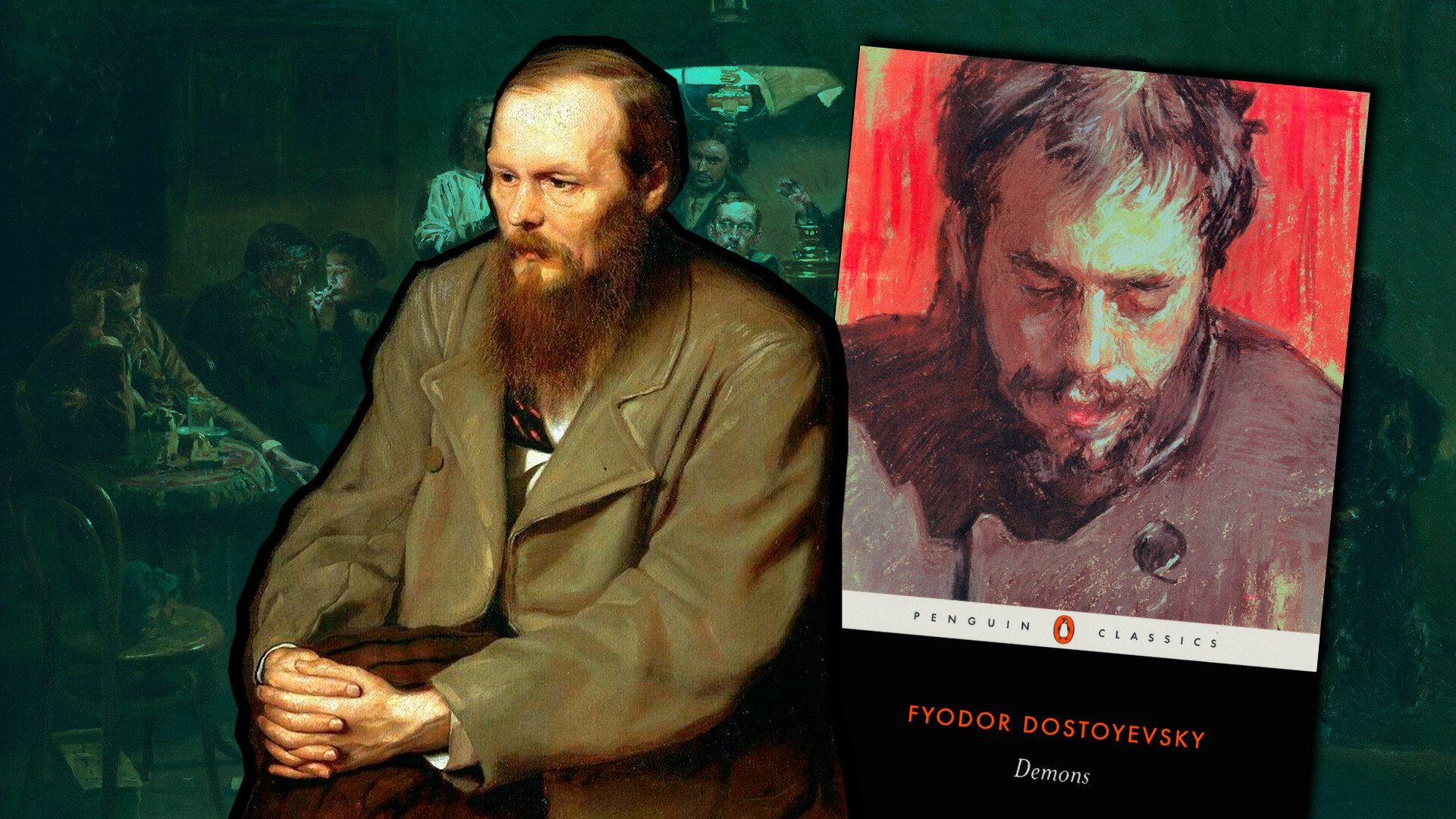
Spoiler alert!
A reader finds himself in a provincial city. A powerful woman named Varvara Stavrogina gathers guests in her estate. Everyone is waiting for her son, Nikolai Stavrogin, to arrive. He is a handsome and mysterious young man of Byronic type, whose personality is surrounded by gossip and rumors. He comes with his friend, a fussy man named Pyotr Verkhovensky, who is a leader and the main ideological inspirer of the revolutionary cell, gathering socialist and nihilistic young people together in a secret society.
Suddenly, Stavrogin is slapped in public by Ivan Shatov, a member of their society. He is a former student, who used to sympathize with revolutionary ideas, but now is keen on the idea that God is with Russia and that faith is the only true Russian path.
At once, many rumors arise as to why Stavrogin was slapped and no one knows for sure. But, most likely (as we find out later), because Stavrogin has seduced Shatov’s sister. Which is why Stavrogin doesn’t give the conflict a chance to move on.
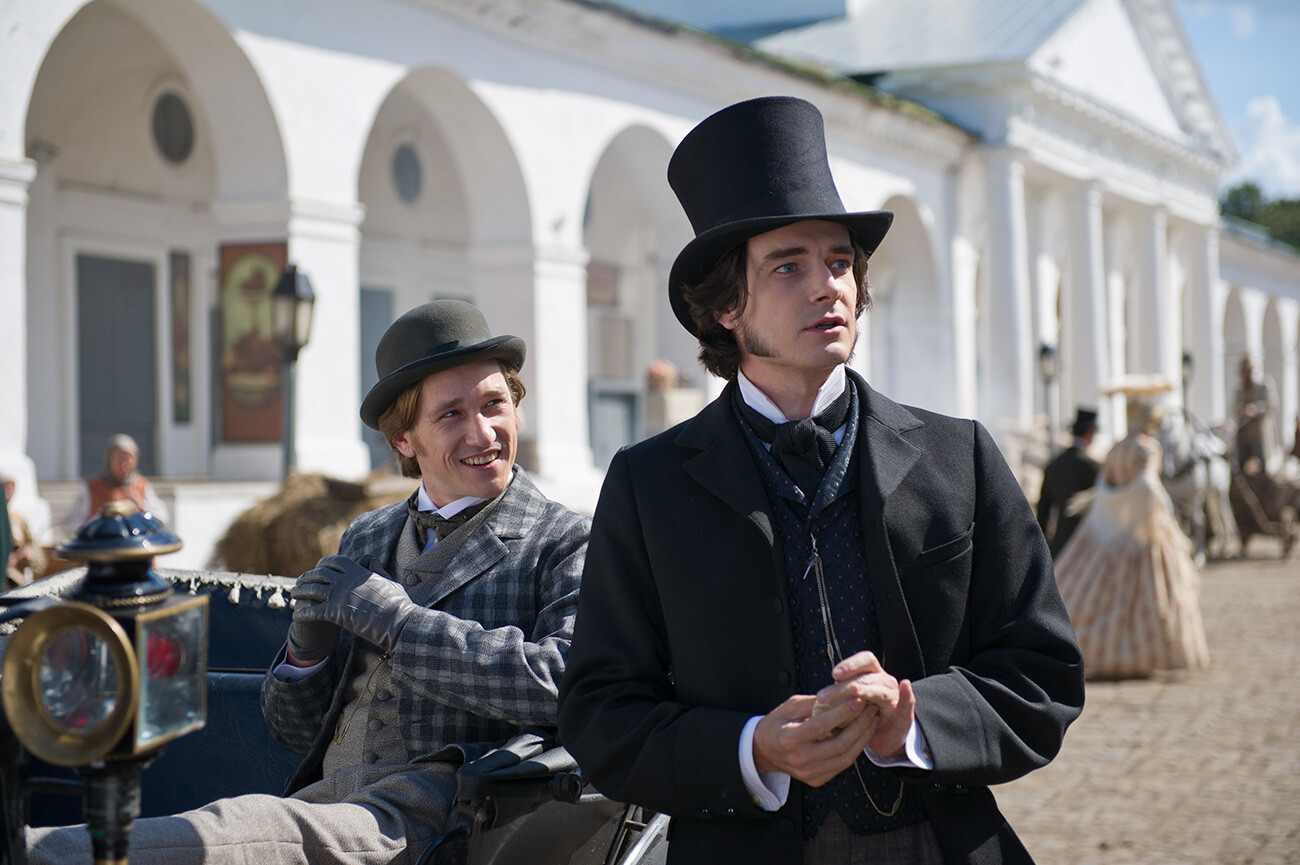 A still from ‘The Possessed’ series
A still from ‘The Possessed’ series
Verkhovensky plans to tie the revolutionary group with blood and common secret and plans to arrange a murder. He decides that Shatov can be this political sacrifice. Verkhovensky claims that Shatov is about to inform the police about their society and, this way, encourages his fellows to agree to the murder.
Verkhovensky shoots Shatov dead, but being himself shocked by it, he flees Russia. Other members are revealed and arrested. And Stavrogin committes suicide.
At the same time, the province where all this happens, falls into troubled times: fires, illnesses, violence and riots - just like demons, they penetrate and spread through society.
What’s behind the book
Many of Dostoevsky’s novels were based somehow on real crimes and murders (including ‘The Brothers Karamazov’ and ‘Crime and Punishment’). ‘The Possessed’ is not an exception. This time, the author was shocked by a murder of a student by Sergey Nechayev’s group in 1869. Being anxious about the rise of the revolutionary terror in Russia, Dostoevsky wrote his most political novel.
Dostoevsky was a monarchist, a Russian Orthodox Church believer and Slavophile, rejecting all the new liberal and nihilist political views and considering them to be harmful for Russia.
This revolutionary movement he reflected as a dark demonic power poisoning the youth and the students. There is a bold scene with Verkhovensky’s father (a man who taught all those young people those liberal ideas). He meets a random woman who reads him the Bible, an episode about Jesus exorcizing demons out of a man and compares him with Russia.
Dostoevsky gives us a clue that only faith can save Russia and puts the quote from the Gospel of Luke into the novel’s epigraph.



